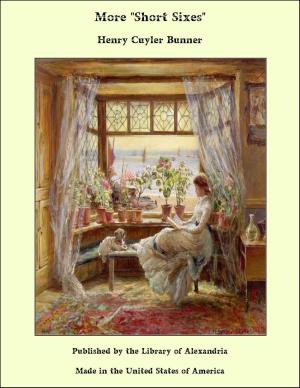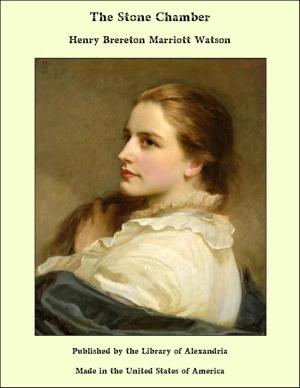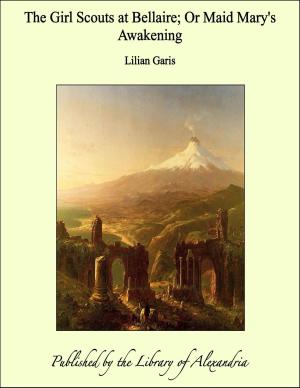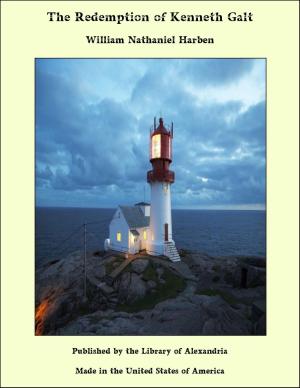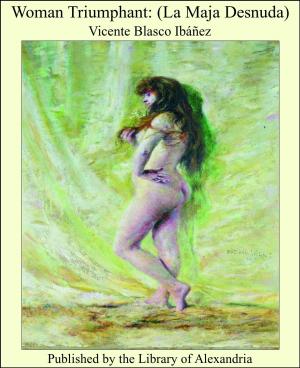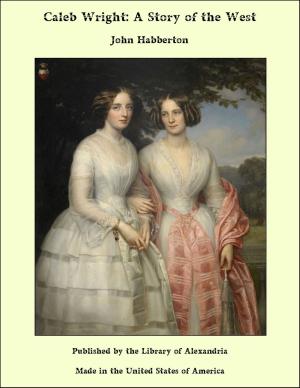Appearances: Being Notes of Travel
Nonfiction, Religion & Spirituality, New Age, History, Fiction & Literature| Author: | Goldsworthy Lowes Dickinson | ISBN: | 9781465558961 |
| Publisher: | Library of Alexandria | Publication: | July 29, 2009 |
| Imprint: | Library of Alexandria | Language: | English |
| Author: | Goldsworthy Lowes Dickinson |
| ISBN: | 9781465558961 |
| Publisher: | Library of Alexandria |
| Publication: | July 29, 2009 |
| Imprint: | Library of Alexandria |
| Language: | English |
The articles included in this book have already appeared, those from the East in the Manchester Guardian, those from America in the English Review. In reprinting them, I have chosen a title which may serve also as an apology. What I offer is not Reality; but appearances to me. From such appearances perhaps, in time, Reality may be constructed. I claim only to make my contribution. I do so because the new contact between East and West is perhaps the most important fact of our age; and the problems of action and thought which it creates can only be solved as each civilisation tries to understand the others, and, by so doing, better to understand itself. These articles represent at any rate a good will to understand; and they may, I hope, for that reason throw one gleam of light on the darkness. For the opportunity of travelling in the East I am indebted to the munificence of Mr. Albert Kahn of Paris, who has founded what are known in this country as the Albert Kahn Travelling Fellowships.[1] The existence of this endowment is perhaps not as widely known as it should be. And if this volume should be the occasion of leading others to take advantage of the founder's generosity it will not have been written in vain. I have hesitated long before deciding to republish the letters on America. They were written in 1909, before the election of President Wilson, and all that led up to and is implied in that event. It was not, however, the fact that, so far, they are out of date, that caused me to hesitate. For they deal only incidentally with current politics, and whatever value they may have is as a commentary on phases of American civilisation which are of more than transitory significance. Much has happened in the United States during the last few years which is of great interest and importance. The conflict between democracy and plutocracy has become more conscious and more acute; there have been important developments in the labour movement; and capital has been so "harassed" by legislation that it may, for the moment, seem odd to capitalists to find America called "the paradise of Plutocracy." No doubt the American public has awakened to its situation since 1909. But such awakenings take a long time to transform the character of a civilisation and all that has occurred serves only to confirm the contention in the text that in the new world the same situation is arising that confronts the old one. What made me hesitate was something more important than the date at which the letters were written. There is in them a note of exasperation which I would have wished to remove if I could. But I could not, without a complete rewriting, by which, even if it were possible to me, more would have been lost than gained. It is this note of exasperation which has induced me hitherto to keep the letters back, in spite of requests to the contrary from American friends and publishers. But the opportunity of adding them as a pendant to letters from the East, where they fall naturally into their place as a complement and a contrast, has finally overcome my scruples; the more so, as much that is said of America is as typical of all the West, as it is foreign to all the East. That this Western civilisation, against which I have so much to say, is nevertheless the civilisation in which I would choose to live, in which I believe, and about which all my hopes centre, I have endeavoured to make clear in the concluding essay. And my readers, I hope, if any of them persevere to the end, will feel that they have been listening, after all, to the voice of a friend, even if the friend be of that disagreeable kind called "candid
The articles included in this book have already appeared, those from the East in the Manchester Guardian, those from America in the English Review. In reprinting them, I have chosen a title which may serve also as an apology. What I offer is not Reality; but appearances to me. From such appearances perhaps, in time, Reality may be constructed. I claim only to make my contribution. I do so because the new contact between East and West is perhaps the most important fact of our age; and the problems of action and thought which it creates can only be solved as each civilisation tries to understand the others, and, by so doing, better to understand itself. These articles represent at any rate a good will to understand; and they may, I hope, for that reason throw one gleam of light on the darkness. For the opportunity of travelling in the East I am indebted to the munificence of Mr. Albert Kahn of Paris, who has founded what are known in this country as the Albert Kahn Travelling Fellowships.[1] The existence of this endowment is perhaps not as widely known as it should be. And if this volume should be the occasion of leading others to take advantage of the founder's generosity it will not have been written in vain. I have hesitated long before deciding to republish the letters on America. They were written in 1909, before the election of President Wilson, and all that led up to and is implied in that event. It was not, however, the fact that, so far, they are out of date, that caused me to hesitate. For they deal only incidentally with current politics, and whatever value they may have is as a commentary on phases of American civilisation which are of more than transitory significance. Much has happened in the United States during the last few years which is of great interest and importance. The conflict between democracy and plutocracy has become more conscious and more acute; there have been important developments in the labour movement; and capital has been so "harassed" by legislation that it may, for the moment, seem odd to capitalists to find America called "the paradise of Plutocracy." No doubt the American public has awakened to its situation since 1909. But such awakenings take a long time to transform the character of a civilisation and all that has occurred serves only to confirm the contention in the text that in the new world the same situation is arising that confronts the old one. What made me hesitate was something more important than the date at which the letters were written. There is in them a note of exasperation which I would have wished to remove if I could. But I could not, without a complete rewriting, by which, even if it were possible to me, more would have been lost than gained. It is this note of exasperation which has induced me hitherto to keep the letters back, in spite of requests to the contrary from American friends and publishers. But the opportunity of adding them as a pendant to letters from the East, where they fall naturally into their place as a complement and a contrast, has finally overcome my scruples; the more so, as much that is said of America is as typical of all the West, as it is foreign to all the East. That this Western civilisation, against which I have so much to say, is nevertheless the civilisation in which I would choose to live, in which I believe, and about which all my hopes centre, I have endeavoured to make clear in the concluding essay. And my readers, I hope, if any of them persevere to the end, will feel that they have been listening, after all, to the voice of a friend, even if the friend be of that disagreeable kind called "candid


